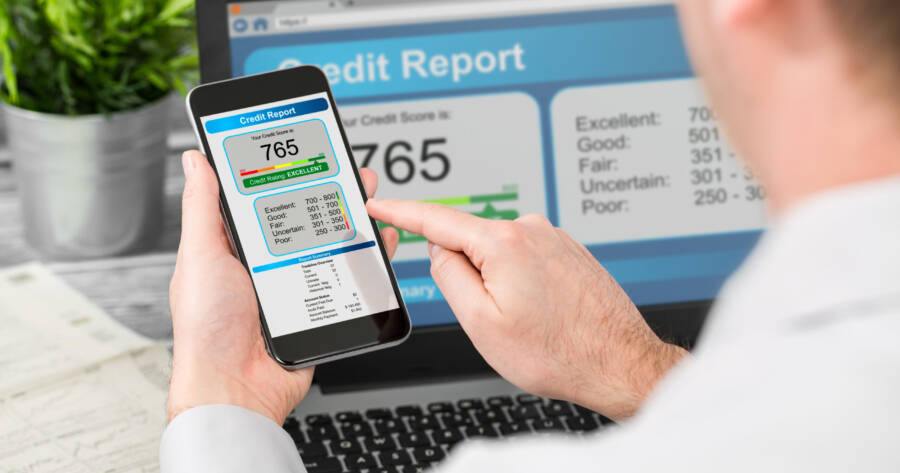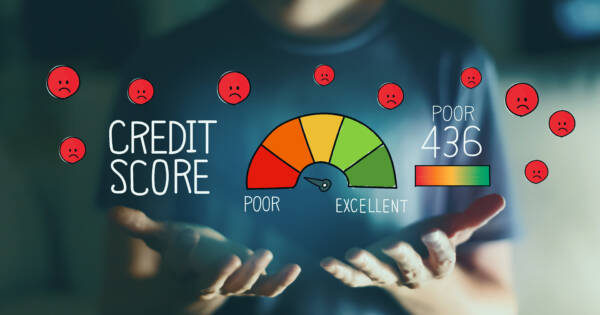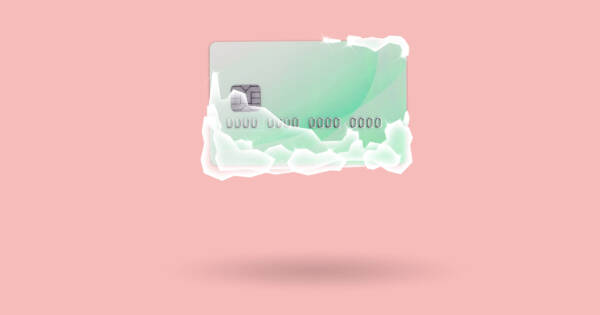Whether or not you think it is fair, people make judgments about you every day. The way you dress, how you act, and the things you talk about are all used by others to judge you. They might not even be doing it intentionally. It’s just how we are wired as humans. Whether it’s someone trying to gauge whether you’d be open to a conversation or if they are making a judgment about your likely political views, life is full of these judgments. When it comes to your finances, though, what’s in your credit report is often more important than other considerations. There are several companies out there that make judgments about you based on your credit report. In some cases, you might even be judged by your credit score alone. Yes, without the nuance that comes with a more detailed credit report.
What Do Companies Learn from Your Credit Report?
Insurance Companies
You might be surprised at the inferences that others make from looking at your credit. For example, auto insurers will look at your credit and then decide whether they think you are a responsible driver. They assume if you’re responsible with your money, you are also responsible behind the wheel. Or that if you’re reckless with your money, you’re more likely to be a risky driver. But that’s not necessarily true, is it? Insurers often charge higher premiums to those who have poor credit.
Employers
As you can see, you don’t even have to be trying to borrow money in order for others to make financial judgments about you. Some employers look at your credit report as part of the background check. (Note that they technically aren’t supposed to look at your score itself, though.) If it looks like you are having money problems, a company might be reluctant to hire you. They will potentially see you as a theft, bribery, or embezzlement risk. There are some simply some companies that don’t want to hire anyone to handle their money (or their clients’ money) if they don’t have their own finances under control.
Be Careful With Your Credit
You really can’t blame the employers, though. I once had a colleague run into cash flow problem because he bought too many cars. Soon, he had started defaulting on the loans. One lender eventually sold the debt to a debt collector. The debt collection people started calling everyone at his company, to try to shame my colleague to pay up. What the collection company did was absolutely unethical. However, we were working in a small company at the time. It created a pretty big distraction, since everyone knew everyone else. If I was the boss, I wouldn’t want someone with bad credit to work for my company either.
Your credit report can affect other areas of your life too. An internet provider might worry that you won’t pay if you have a low credit score. They may require you to pay a security deposit upfront, making your service more costly to start. A landlord might also require a higher security deposit from someone with a low credit score — if they will even let you rent the place at all. Of course, lenders will demand a higher interest rate on your loans because you are at a higher risk of default.
Are These Judgments Fair?
In some cases, it can be argued that these judgments aren’t really fair. After all, what if you don’t have a credit history at all. Maybe you are very responsible and pay for everything in cash. Or maybe you’re still young, with not much of a credit history at all. You might still make all of your payments on time, but if you have never borrowed, there is no record of how you handle credit.
Another criticism is that your past habits may not be an accurate reflection of how your finances are managed now. Most of us have been through our share of financial ups and downs, after all A bankruptcy can affect your credit score for up to 10 years. But what if you’ve been very responsible for the last seven years? You might still be negatively judged due to mistakes that are long behind you.
Watch For Mistakes on Your Credit Report
There’s also the possibly that there are mistakes on your credit report. If there are, they will probably negatively impact you. I recently heard about a story of someone who had their credit score trashed because a debt collector reported to the credit agencies that he never paid a $3,900 Sprint bill. The problem was that this person hadn’t owned a Sprint account for years. All the bills were paid when the account was closed years earlier. After many phone calls, he eventually got a hold of the bill. None of the information matched his. It had the wrong name, address, phone number, and even the wrong email address.
Still, the credit agencies denied his dispute request to have the report corrected. The debt collection company had filed that uncollected debt directly to his social security number. Somehow, that single piece of correct information (which was probably a typo) kept the information on his credit report. He’s still working through the problem to get it resolved. It’s been months of phone calls and certified mails, so far.
Yikes. What if he was trying to look for a place to live or searching for a job right now?
The Bottom Line
It doesn’t really matter if it’s fair (or not) that you are being judged for your credit report. It’s a fact of life. The reality is that credit is a big part of your financial situation. Companies, organizations, and people can (and do) judge you based on the information that is in your credit report. The only thing we can do is to pay our bills on time and be responsible with our money. Make sure to regularly check your credit report, to ensure everything looks correct. Sometimes a small financial mistake or clerical error can cause great chaos in your life.
What do you think? Is this system fair? How would you do it differently?
 Shutterstock
Shutterstock







